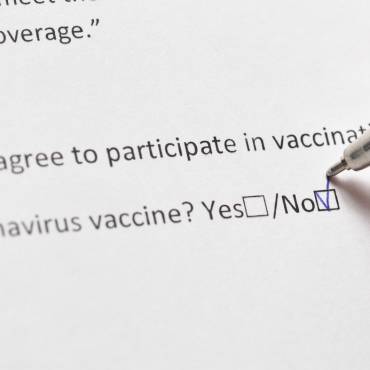Scientists caution that such dengue fever vaccines will probably cause temporary but significant spikes in the disease in the years after they are first used, according to a new report.
Although it might seem counter-intuitive, the first use of a vaccine can often lead to an increase in disease cases. This is the result of less-than-perfect vaccine protection and routine fluctuations in the populations of insects who carry the diseases. The argument has been pout forwards by Jan Medlock, an assistant professor in the Department of Biomedical Sciences at Oregon State University. To reach this conclusion, Medlock deployed mathematical modeling to examine the quirks of infectious disease transmission. The scenario put forwardsis that at the beginning of a vaccination program the administration will slow the numbers of children getting the disease, but only for a while. This is partly because a dengue vaccine will not provide total protection against infection. Following this, when the naturally fluctuating mosquito populations reach an unusually high level, a disproportionate number of children will become infected in a short period. A possible way to deal with this phenomenon, Medlock argues, is simply to vaccinate fewer people. This would cause higher numbers of people to get the disease in the long run but reduce the intensity of the spikes and the associated demands on a health care system.


